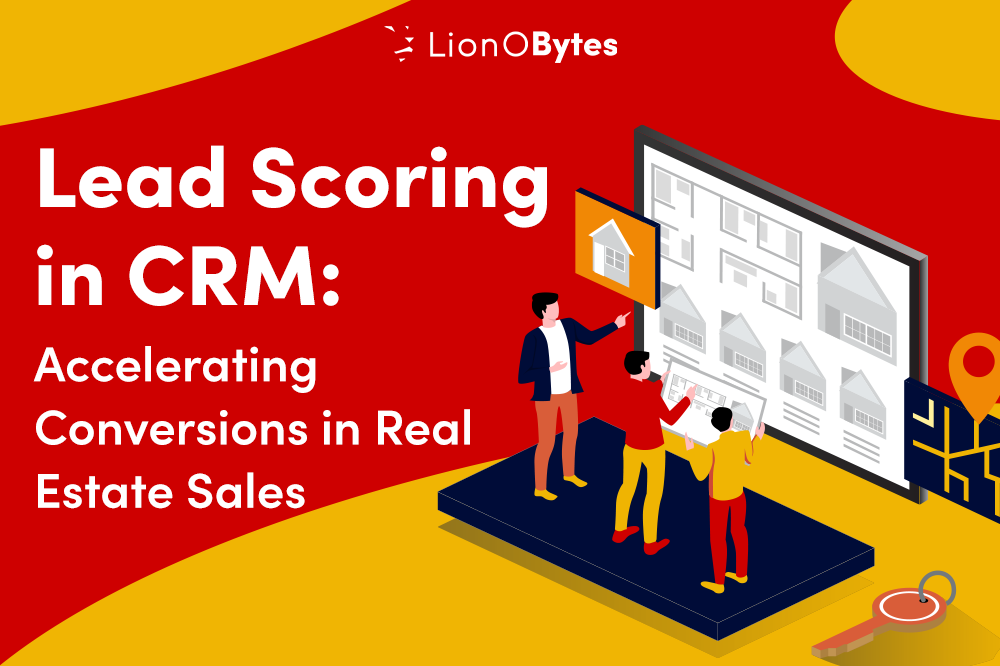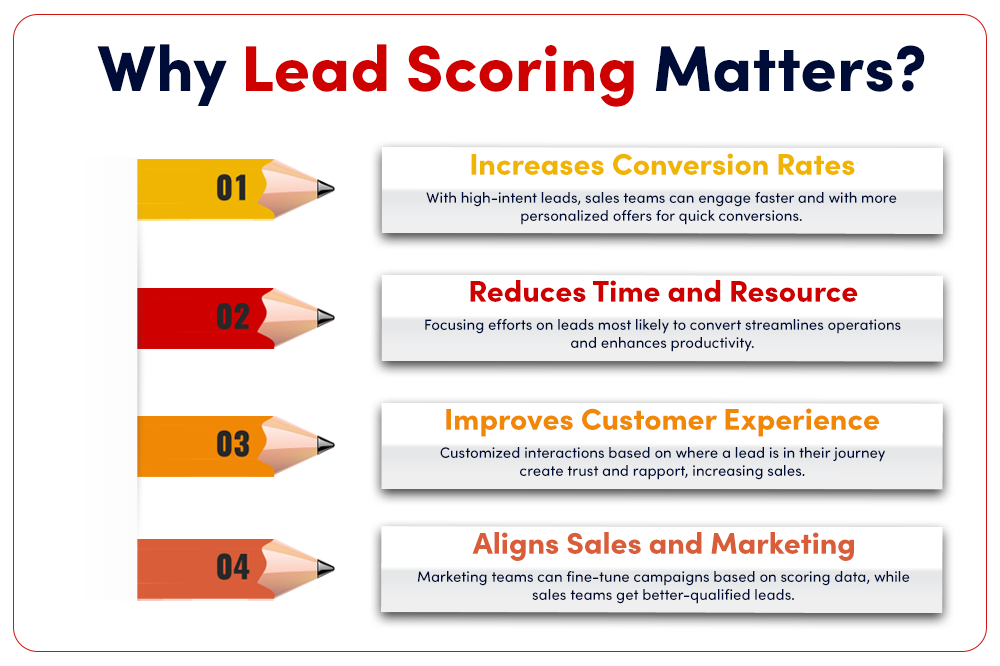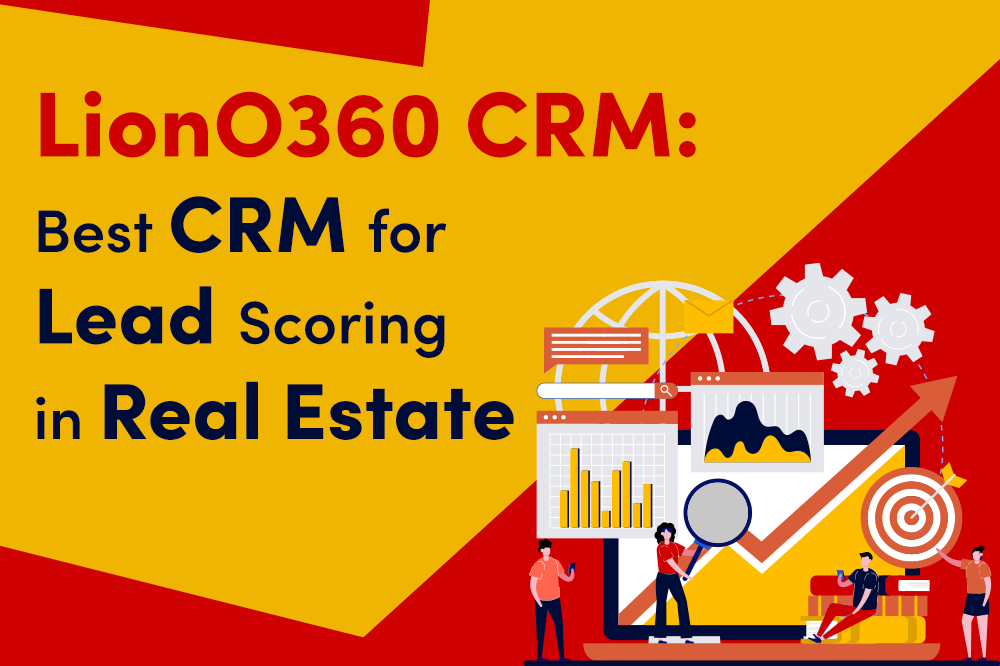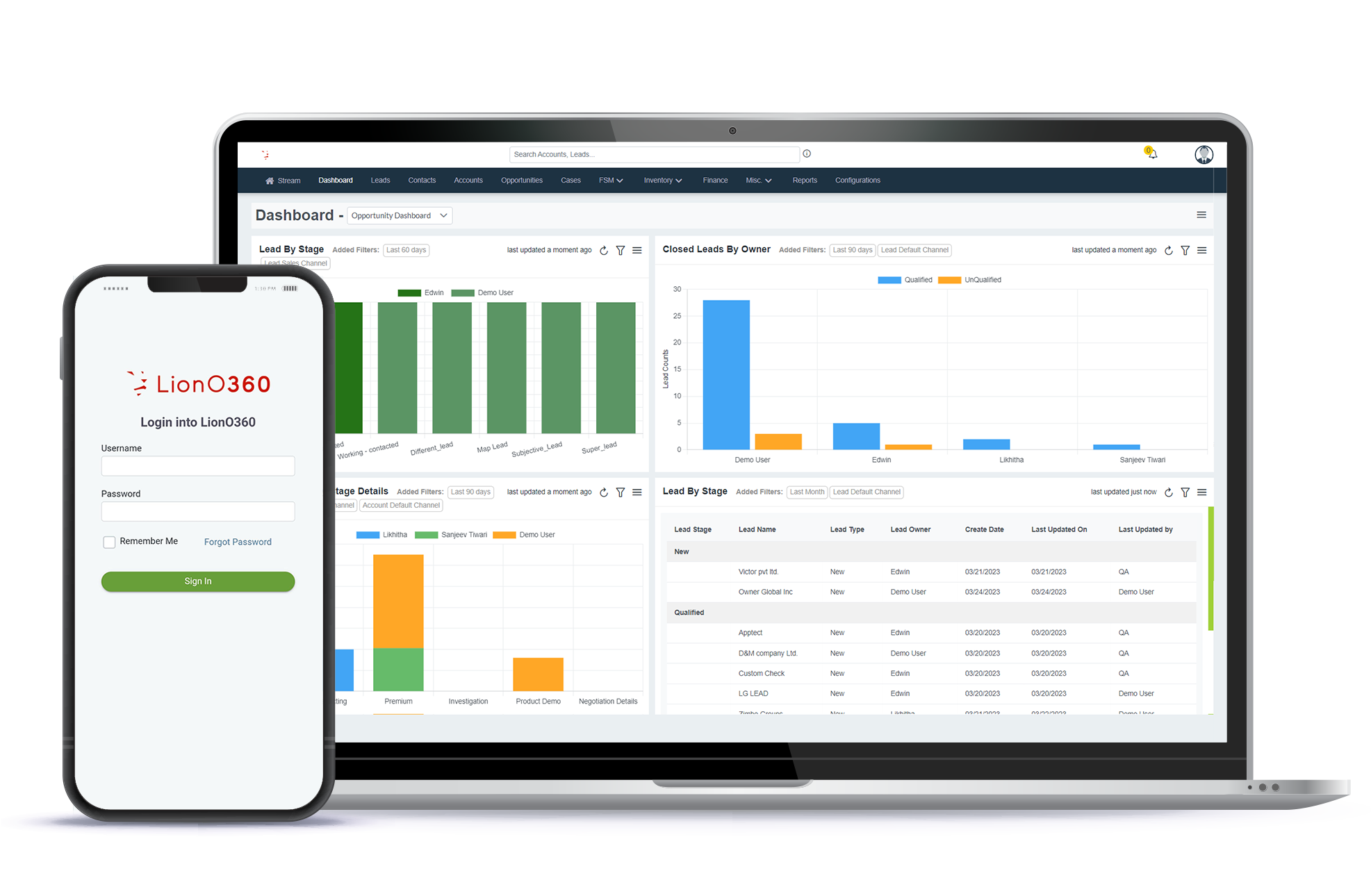
In the ever-changing world of real estate, timing and relevance reign supreme. The sales cycle is not only long, as a rule, but also competitive as people choose to work with agents. How can real estate companies make sure their sales teams are directing their efforts toward leads at the right time? One answer is lead scoring! Lead Scoring is an effective feature in Customer Relationship Management (CRM) technology that has the potential to dramatically improve how real estate professionals convert leads into clients.
What is Lead Scoring?
Lead scoring refers to the assigning of a value (score) to each lead based upon some criteria that suggest they are likely to convert. These scores are used by sales and marketing teams to discern which leads to follow up first to refine their approach and maximize sources. In the real estate sector, lead scoring is particularly helpful as it enables sales agents to identify buyers that are actively looking for property, sellers ready to sell, and investors that are looking to invest in property. Integrating lead scoring system within a CRM package means that the lead scoring is based upon real data (level of engagement, demographic, behavior, and historical interactions), and essentially, turns basic inquiries into intelligence.
Why Lead Scoring Matters in Real Estate?
The real estate industry deals with diverse buyer personas: first-time homebuyers, downsizers, investors, luxury clients, and more. Each of these leads has different buying cycles, motivations, and readiness levels. Without lead scoring, agents might waste precious time on low-quality leads while hot prospects slip through the cracks.

How Lead Scoring Works in Real Estate CRMs?
Let’s break down how a lead scoring system functions within a real estate CRM:
1. Setting Up Scoring Criteria
Every CRM allows custom rules for scoring. In real estate, typical criteria include:
Behavioral Factors:
- Website visits (especially to listings or pricing pages)
- Property searches or filters used
- Downloading brochures or virtual tours
- Clicking on email campaigns or SMS alerts
- Scheduling appointments or site visits
Demographic Information:
- Budget range
- Preferred location
- Type of property (apartment, villa, commercial space)
- Occupation and income bracket
Engagement Level:
- Time taken to respond to follow-ups
- Number of interactions (calls, emails, chats)
- Social media engagement
Each of these actions or attributes is assigned a numerical value. As the lead interacts with your business, their scores update dynamically.
2. Lead Grading
In addition to scoring, some CRMs offer grading—a qualitative metric (like A, B, C, D) that reflects how well a lead matches your ideal customer profile. For instance, a leader with a high budget looking for a premium apartment in a high-demand area may receive a good grade.
Combining score and grade gives a clearer picture. A lead with a high score and grade is ripe for conversion. A lead with a high grade but low score might need nurturing.
3. Automated Alerts and Routing
Advanced CRMs can trigger alerts when a lead reaches a threshold score. These alerts help sales reps act instantly. Some platforms also use score-based routing, automatically assigning top-tier leads to senior agents or specific property portfolios.
4. Analytics and Reporting
Lead scoring provides valuable insights into conversion trends. Real estate managers can analyze which sources (Google Ads, social media, referrals) bring in the highest-scoring leads, or which property types generate the most engagement.
Tips for Effective Lead Scoring in Real Estate
Refine Scoring Models Regularly
Real estate trends change. Continuously tweak your scoring rules based on feedback and closed deals.
Incorporate Predictive AI
Some modern CRMs offer AI-powered lead scoring that learns from past data to predict conversions more accurately.
Align with Sales Feedback
Regular check-ins with your sales team will reveal patterns—like why a certain score doesn’t always mean conversion—which can improve scoring logic.
Use Negative Scoring Too
Deduct points for inactive periods, invalid contact info, or irrelevant inquiries.
Integrate Across Channels
Ensure your scoring system captures data from all sources—social media, WhatsApp, email, portal listings, etc.—for a holistic view.
LionO360 CRM: Best CRM for Lead Scoring in Real Estate

Several CRMs offer robust lead scoring features tailored to real estate. LionO360 CRM offers one of the best lead management systems. It includes:
LionO360 CRM handles lead management efficiently by automating and organizing the entire process from start to finish. It captures leads from multiple channels like emails, web forms, and social media, so nothing is missed. Once the leads are in the system, they are automatically scored and assigned to the right sales reps based on rules like region or availability. The CRM tracks every interaction with the lead, helping sales teams know exactly where each prospect stands in the sales journey. It also sends reminders for follow-ups, so no one forgets to reach out. With easy-to-use dashboards and reports, teams can see which leads are most likely to convert and adjust their strategies accordingly. Overall, LionO360 makes lead management faster, more organized, and more effective.
When used effectively within a CRM, lead scoring transforms your pipeline from a cluttered list of names into a focused roadmap of opportunities. For real estate professionals, it’s the difference between chasing leads and closing deals.
Ready to Accelerate Your Real Estate Conversions? Explore free CRM demo with intelligent lead scoring and take your sales strategy to the next level.
Frequently Asked Questions
What is lead scoring and why is it important for real estate businesses?
Lead scoring is a method of assigning values to leads based on their likelihood of converting. It's crucial for real estate businesses because it helps prioritize leads, ensuring sales teams focus on the most promising prospects. This is especially important in the competitive and time-sensitive real estate market, where timing can make or break a deal.
How does lead scoring work in a real estate CRM?
In a real estate CRM, lead scoring typically works by assigning points based on various criteria such as behavioral factors (e.g., website visits, property searches), demographic information (e.g., budget range, preferred location), and engagement levels (e.g., response time, number of interactions). The CRM then automatically calculates a score for each lead, helping agents identify which leads are most likely to convert.
Can lead scoring help us save time and resources?
Absolutely. Lead scoring helps real estate professionals focus their efforts on the most promising leads, reducing time spent on low-quality prospects. This efficiency can lead to higher conversion rates and better use of resources, ultimately improving your bottom line.
How often should we update our lead scoring model?
It is recommended to refine your scoring models regularly. Real estate trends change, so continuously tweaking your scoring rules based on feedback and closed deals is important.








